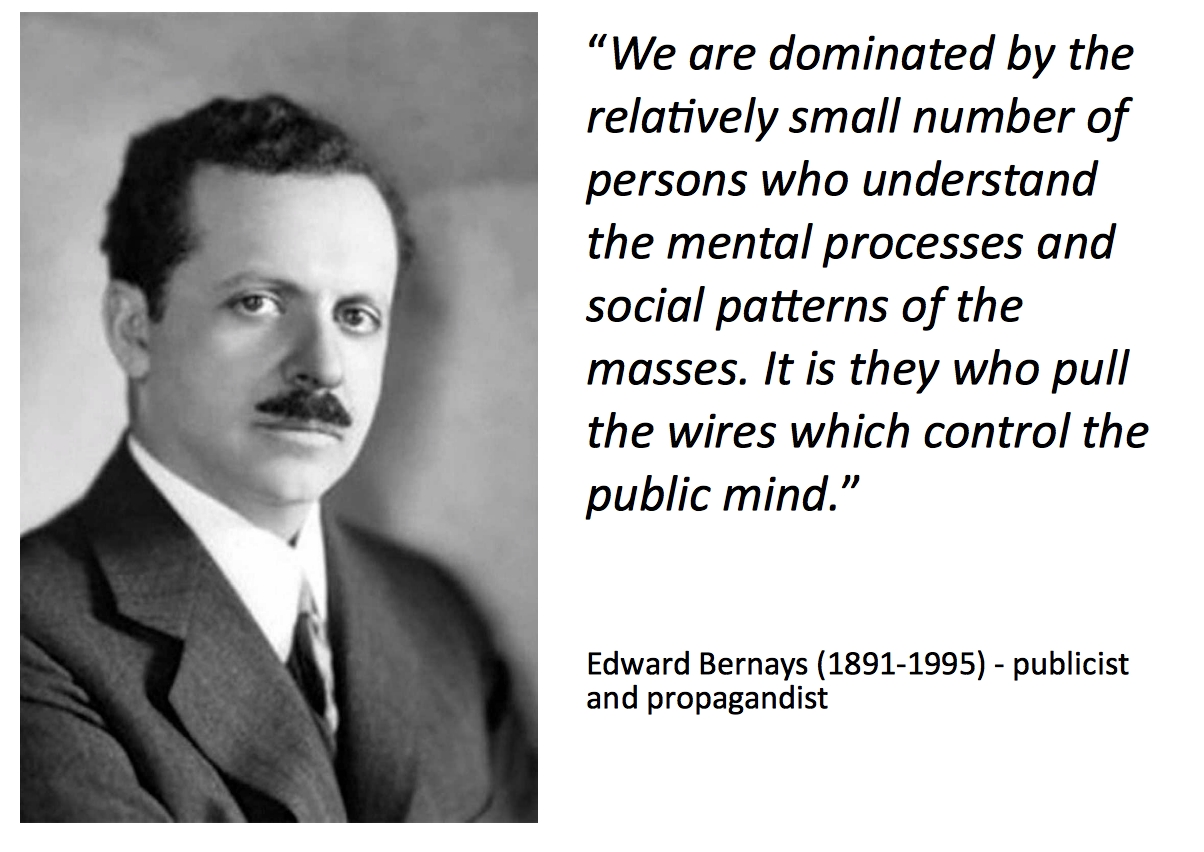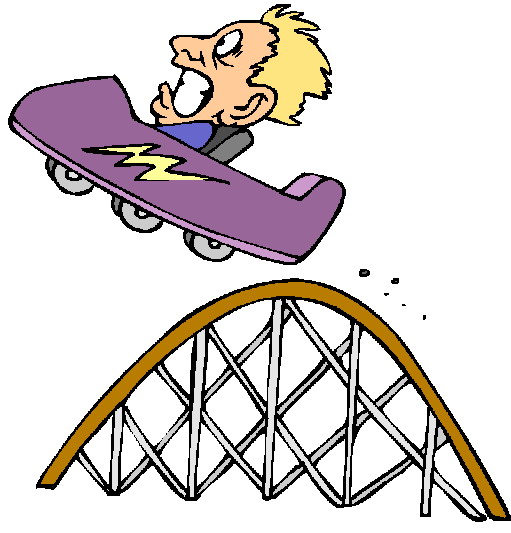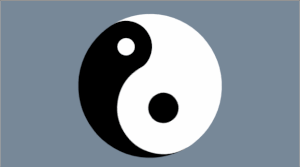
This article examines the role of desire in determining your level of happiness.
Desire and External Influences.
The first and most external layer of happiness is the role played by desire. When we say external, we mean influences from outside of us.
Just about everywhere you go in life there are external messages around us. It may be street advertising, internet ads, or any other form of ads.
They all want you to buy something that you supposedly desire - a new car, the latest fashions, etc. They all presume that when you get it, you will be happy.
We also are influenced by the media - 'Reality' TV shows such as 'Lifestyles of the Rich and Famous' (1984-1995) tell us how the 'ideal' life should be.
Even Google and Youtube influence us by always putting 'suggested videos' or 'you might like' suggestions in front of us to always keep us satisfied.
Facebook is addictive because it deliberately rewards you when you 'like' something with further material in the same vein.
Research shows that when this happens your body releases an addictive chemical called dopamine. Being addictive, you simply can't get enough of it because it never satisfies your need.

The desire to possess something is a powerful motivator, which is something that 'fills a void' in our life. Once this void is filled, we allegedly will feel 'happy.'
Material wealth is something that is easy to grasp because it is tangible. It satisfies our needs such as food, clothing and shelter, as well as ideas of 'comfort' and even 'joy'.
Material Wealth is the most primitive of all desires, stemming back to our caveman days.
It is a quick and easy fix, but it doesn't satisfy the more complex inner needs we all have, and which are unique to each of us.
The 'positive' version we feel is 'happiness.' If we move in a constructive and self serving way, we can get what we want without too much trouble.
However we can react negatively and it is usually in the form of envy. When we are motivated by envy, we most likely will choose socially unacceptable means to achieve it.
Unconditional Desire
The above paints a fairly forlorn picture of what 'happiness' has become in modern society.
Yet it doesn't need to be so.
You may have heard the term 'unconditional love' - Wikipedia defines it as '...affection without any limitations, or love without conditions.'
Well, unconditional desire is a similar concept, but applied to desire. We could define it as 'desire without any limitations or conditions'.
The core of this argument is that we are at the helm of our emotions, not someone else. We can decide to be happy or not, and we can decide what conditions make us happy or feel good.
We can also decide whether desire on its own makes us happy, regardless of whether we get what we want.
You're At The Helm

However, for lot of us it doesn't seem that way. We have learned at an early age that a certain set of conditions 'should' make us happy. When these conditions are not met, we feel 'unhappy'.
But the good news is that we are in control of our lives, not someone else. It's just that we are not aware of the conditioning that is controlling our thoughts, feelings and behaviour. (We'll talk about this in more detail in a later article)
There are ways and means around this problem, however. For instance, you could run a 'mind movie' where the outcome you seek is obtained.
In this movie you create an internal sequence where you get what you want. Imagine the steps you took to get there. Feel the feelings, see what you will see and hear what you will hear, etc.
Fully immerse yourself in the outcome and you will experience the joy and happiness before you actually achieve it. And then... you probably will achieve it!
Do this exercise on a regular basis: practice feeling happiness and joy in your mind, and it will manifest itself in due course.
Here is a recording I have made of this process, which you can download and listen to on your own device at your leisure.
To download, click on the 3 vertical dots.
Expectations vs. Joy
Another factor that can interfere with your experience of happiness or joy is your expectations about an outcome.
An expectation is a form of belief (which we'll delve into in another article) and can be both externally or internally derived. If you expect to fail at something, you most likely will; if you expect to succeed then likewise.
The biggest danger of either case is that both will lead to unhappiness if an outcome you don't want occurs. If you expect to fail and you fail, you will be unhappy. If you expect to succeed and you fail, ditto.
Similarly if you succeed when you expect to fail, you may feel happy initially, but in the longer term you will suffer as the effect loses its impetus.
The experience is something like a rollercoaster where you have extreme peaks and extreme troughs - and you basically get sick in the same manner.

This brings us to the 'Principle of non-attachment.' or 'detachment'. This is an ancient concept that is derived from the eastern philosophies such as Hindu, Daoism and Buddhism.
We all become 'attached' to where we are. Even if we are not in a good place, we are still comfortable and attached to that situation. This principle is also similar to the principle of threshold.
We live our lives within a bubble of comfort and as soon as we are pushed up to and over our threshold, we resist and hence we suffer.
The antidote to this is to have no expectations at all and accept what is. A good way of representing this graphically is the Daoist symbol called the 'Taijtu' or 'Yin-Yang' symbol.

To clarify, however, if you have 'no expectations' you are not by default expecting things to be bad... It means you accept the outcome whatever it may be. If it is not the desired outcome, seek to change it, but at the same time always accept whatever happens.
Conclusion
Whilst desire is an internally experienced emotion, it can be derived from external or internal processes.
We can choose to feel or not feel happiness based upon the fulfilment of our desires, although we do need to become aware of how we are 'doing desire' - for instance become aware of our internal beliefs that create it, or of the external signals that trigger it.
Ultimately, we can alter our expectations to be neutral, neither good nor bad.
As Shakespeare said:
'There is nothing either good or bad, but thinking makes it so.'

William Shakespeare (1564-1616)
From here we can choose our happiness.
Coming Next: Layer 2 - Limiting Beliefs
Previous Article: Maximise Your Happiness - Introduction
Often just reading a blog post is not enough to make deep changes in your life.
Why not sign up for a free 'Happiness' coaching session with me? Please visit this page for more information.
